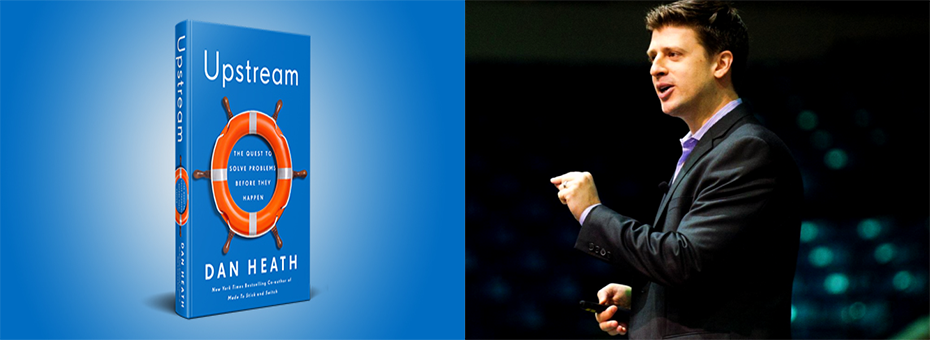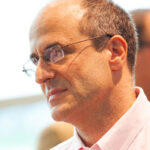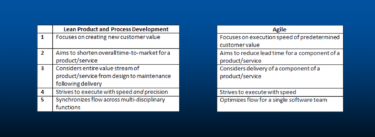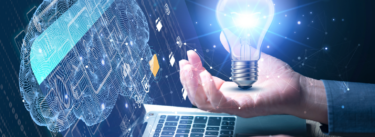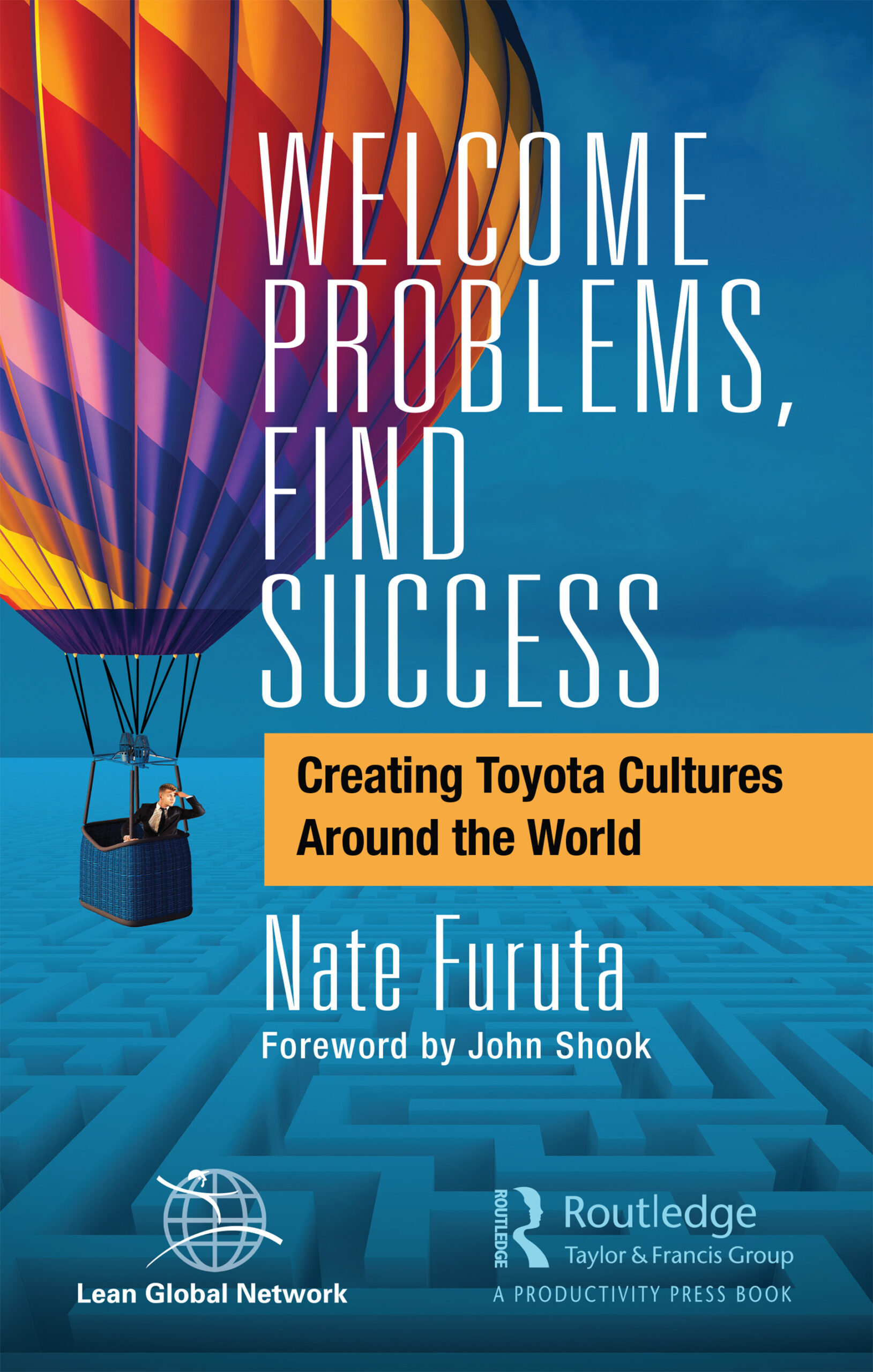“We should shift more of our energies upstream personally, organizationally, nationally, and globally. We can and we should stop dealing with the symptoms of problems again and again, and start fixing them.” So writes author Dan Heath in his terrific new book Upstream: The Quest to Solve Problems Before They Happen, which has just been published.
This conversation between LEI editor Tom Ehrenfeld and Dan explores the practical applications of the upstream mindset, and; given the timing, explores how upstream thinking is all the more relevant in our current pandemic.
Heath, author (with his brother Chip) of books such as Made to Stick, Decisive, and Switch, shares thoughts on the value of solving—eliminating—problems by finding leverage points, developing problem awareness, and creating practices of “upstream witchcraft” (something that lean thinkers might recognize as poka-yoke).
Tune in to the podcast here.
Download a pdf of the conversation here.
Some great quotes from Dan from the podcast:
“Can we get out of the cycle of constantly reacting to problems and go upstream and fix the systemic issues that we get them?”
“Steve Spear said that ‘The instinct to change is often driven by an insufferable frustration with the status quo.’ And I think that’s true of so many different areas including healthcare.”
“If you think about the way we conceive of heroes, our schema of heroes, we’re thinking about people who rush in when there’s an emergency, the firefighters who put out the flames in a burning building, or the lifeguard who jumps in the pool to save the drowning kid, or the policeman who come to fight off a burglar, or whatever, but what I want to point out is that an even better hero is someone not that saves the day but keeps the day from needing to be saved… the need for heroism is usually a sign of systems failure.”
“And so, when she says “Be impatient for action but patient for outcomes” I think she’s just cautioning a kind of resilience that we need to keep our eye on the good that we’re trying to do for the world, and we need to accept that the world’s very, very complicated, but we also can’t allow that to slip over into a feeling of helplessness that we owe the world action.”
“I think that macro change often starts with micro change. We can’t really figure out how to help 1000 people, or a million, until we can help one, until we can help two, until we can help three, and I think what these groups figured out was you don’t know what the leverage points are in the system until you’ve solved for one, and solved for two, because what you start to understand in dealing with these on a case by case basis is where the dropped batons are, and where the systemic issues are.”
